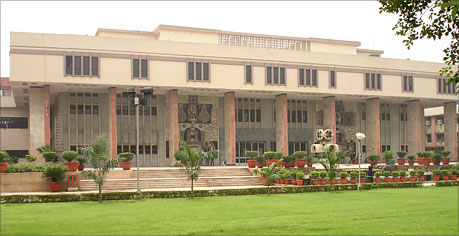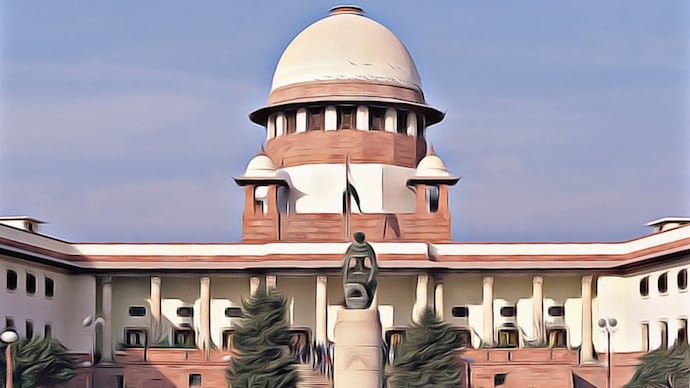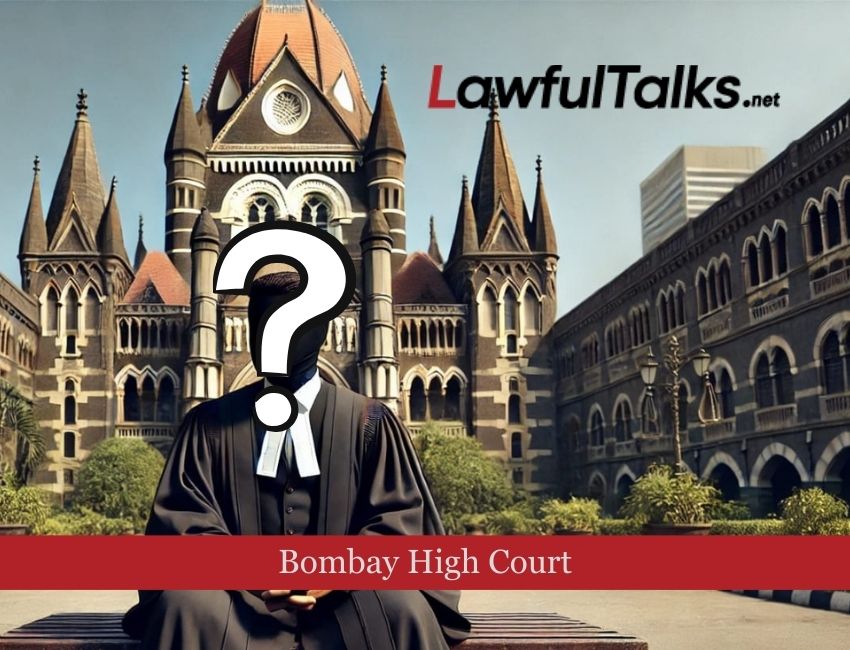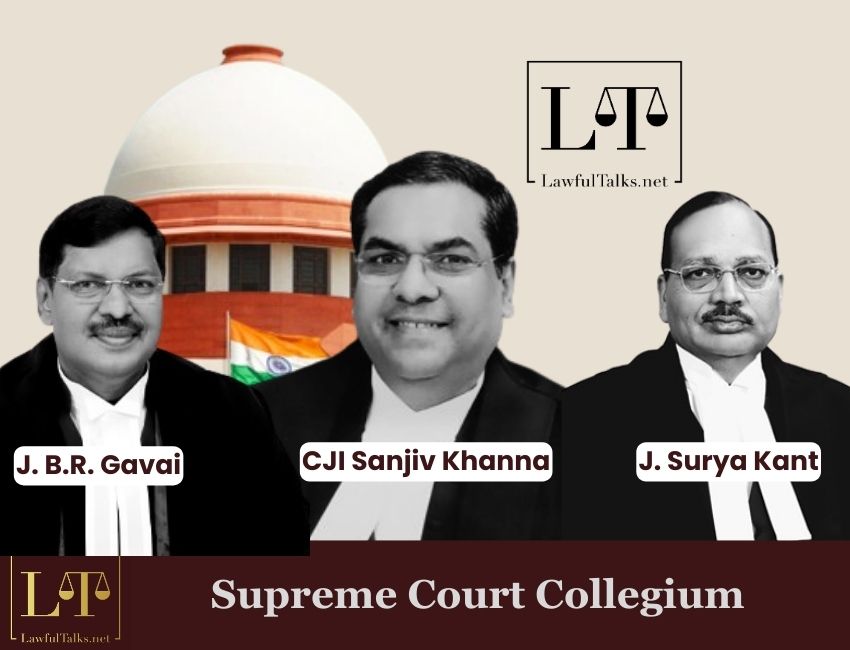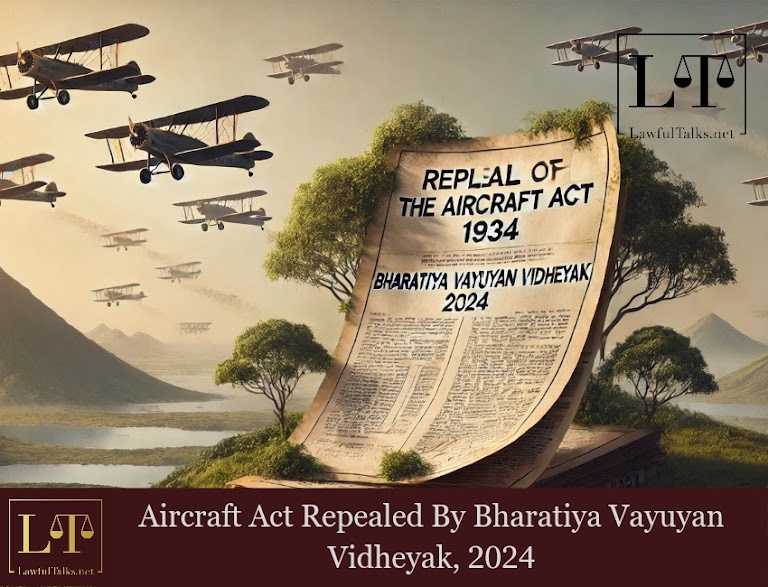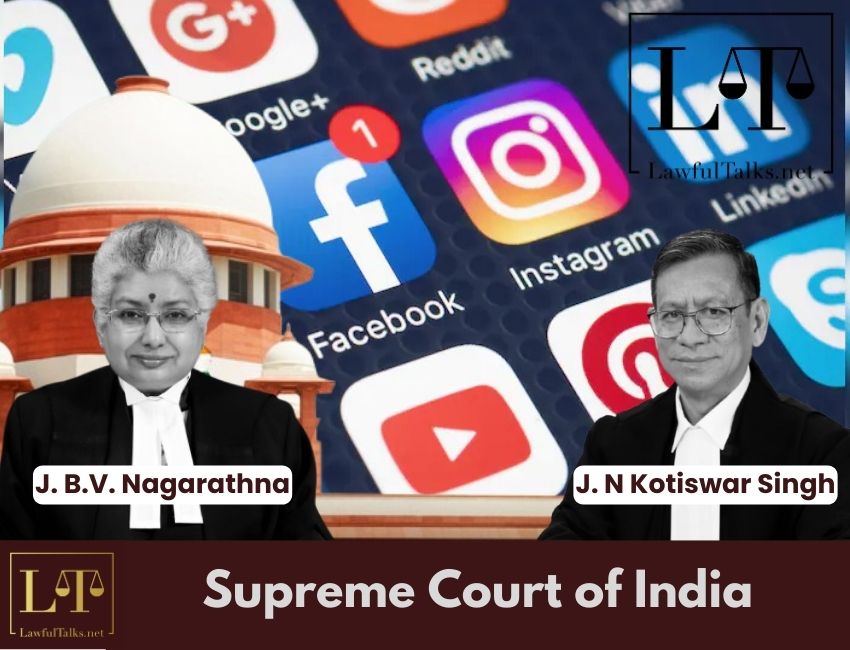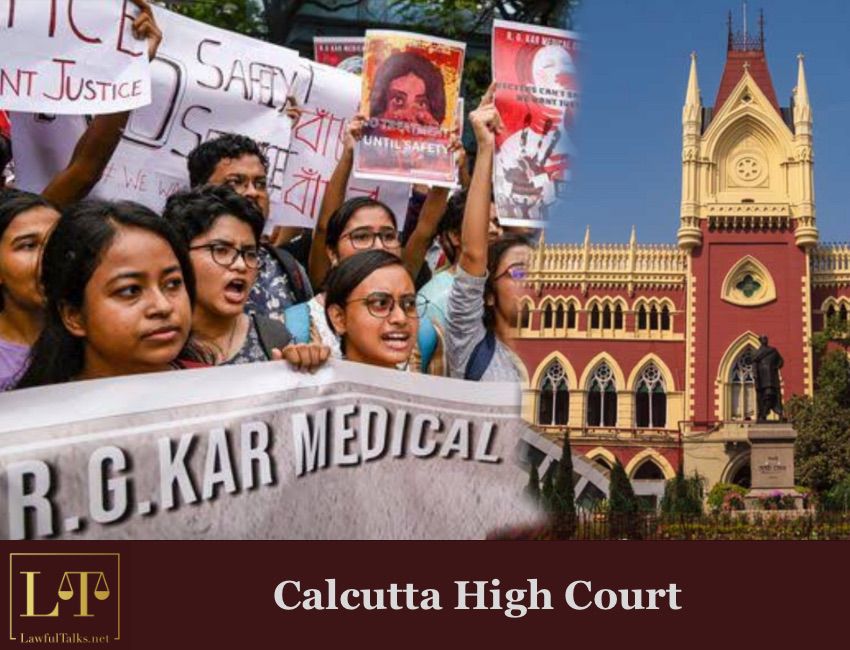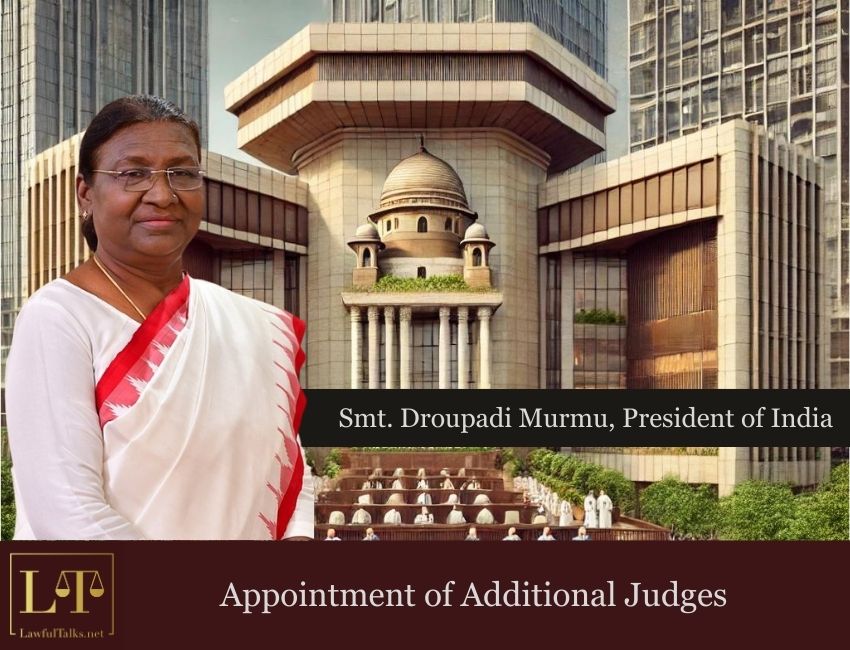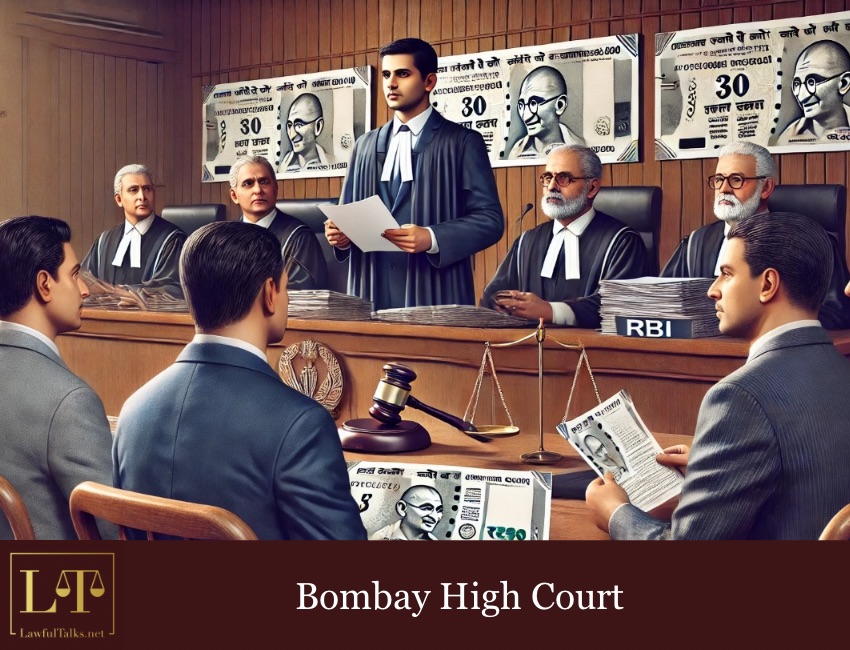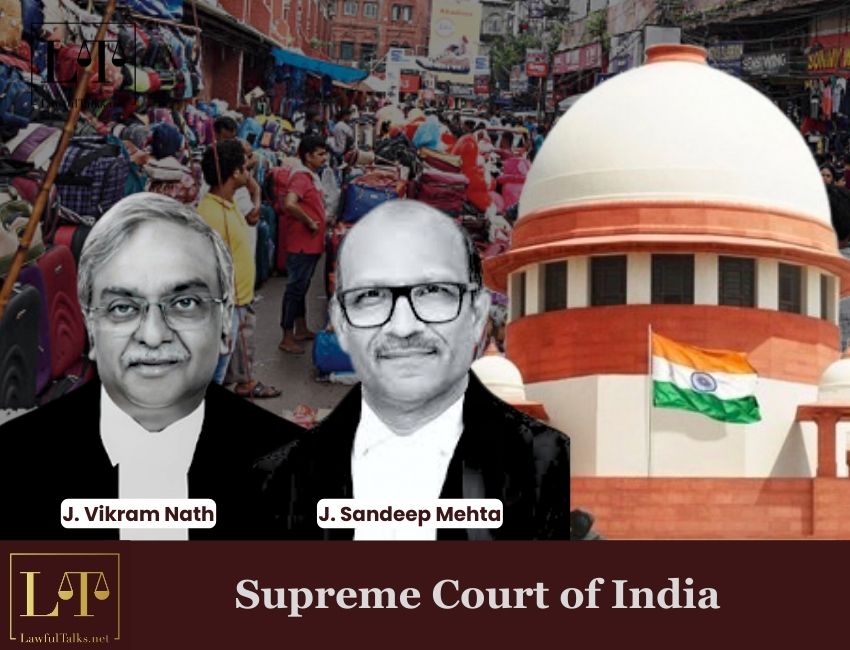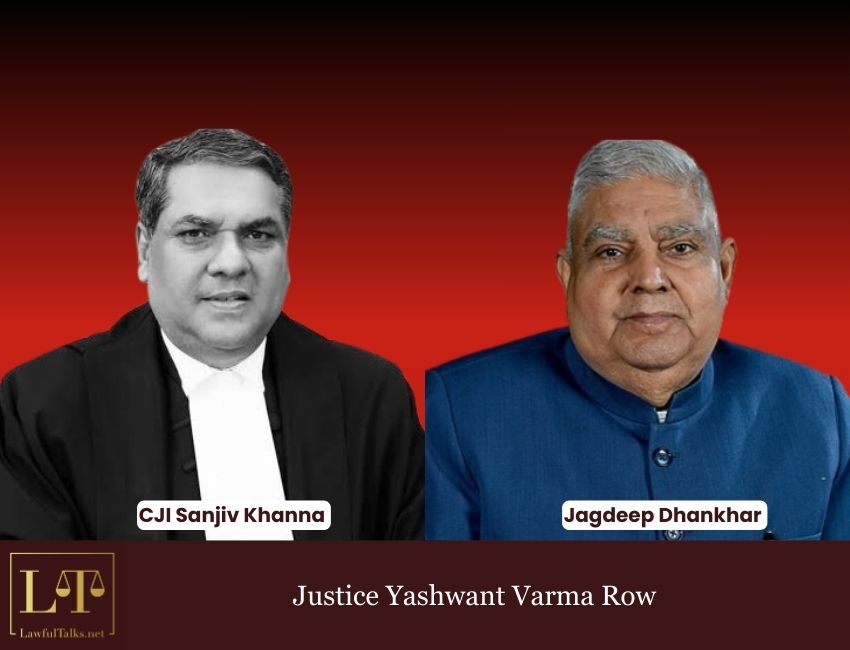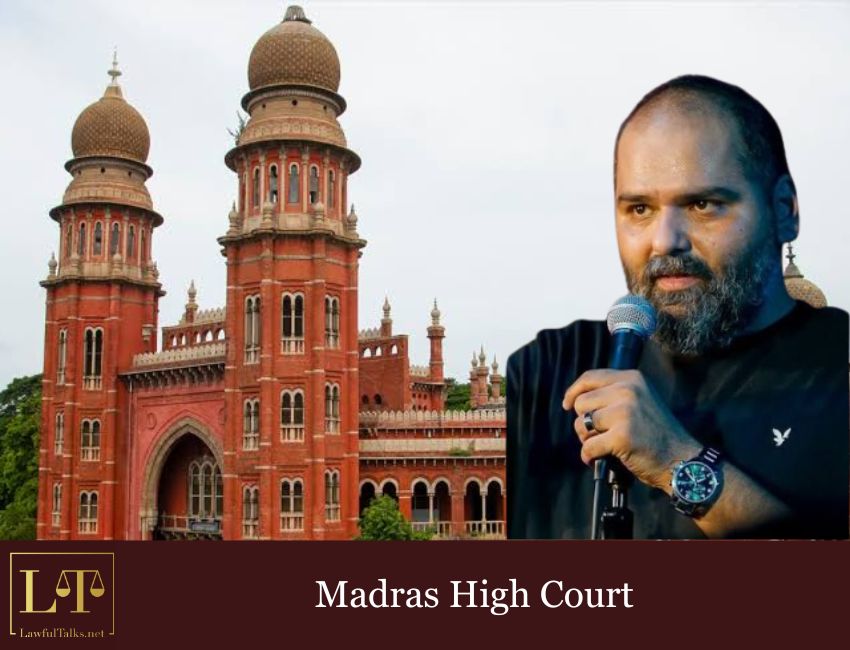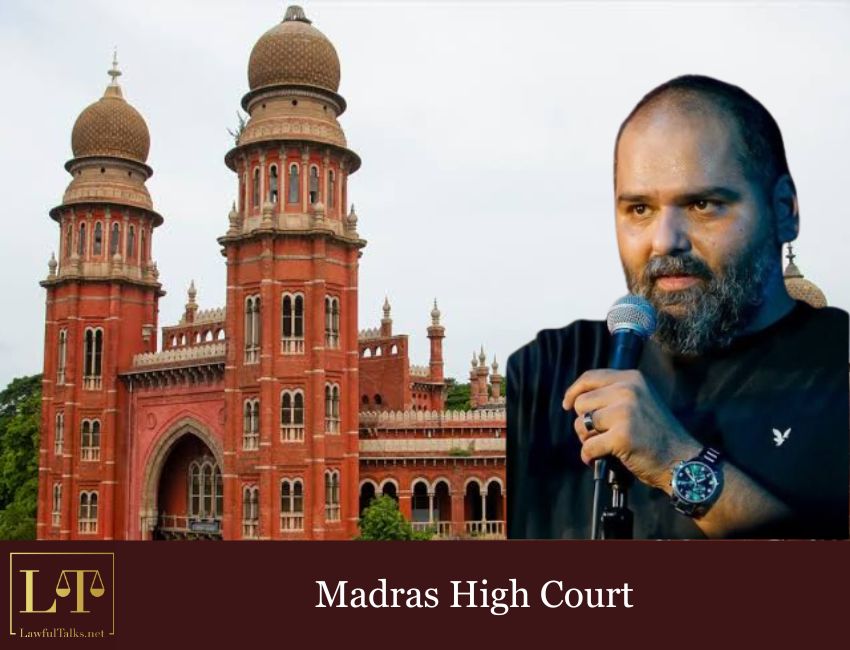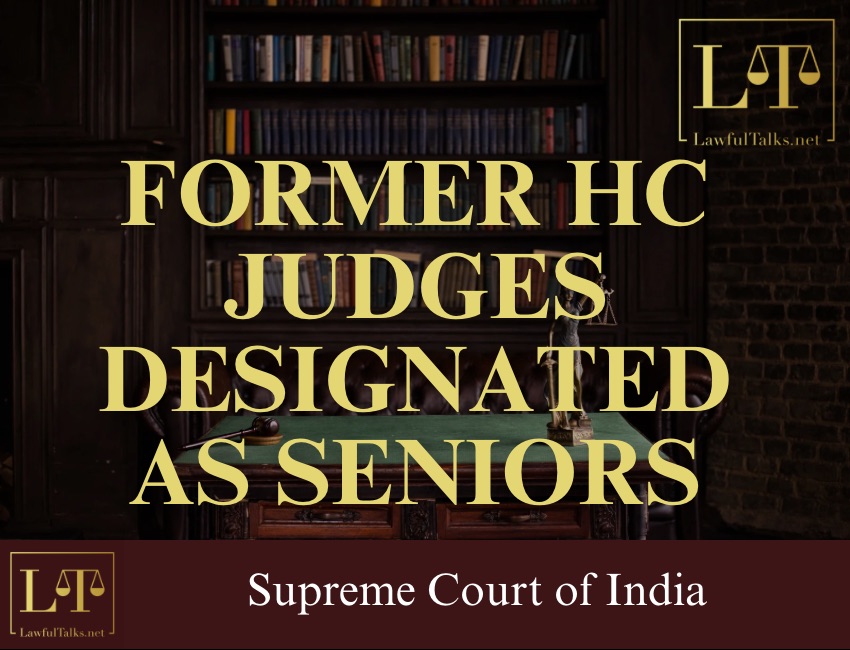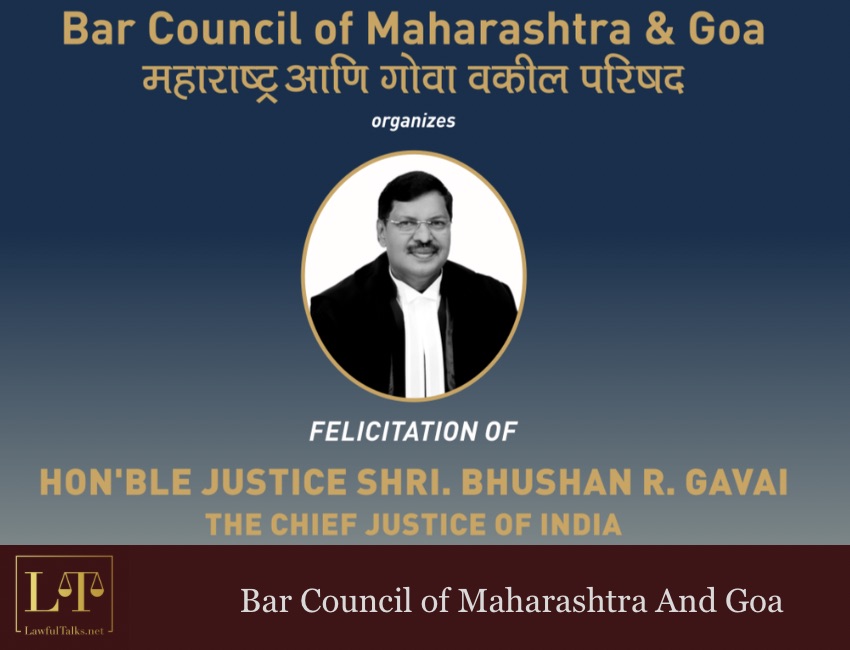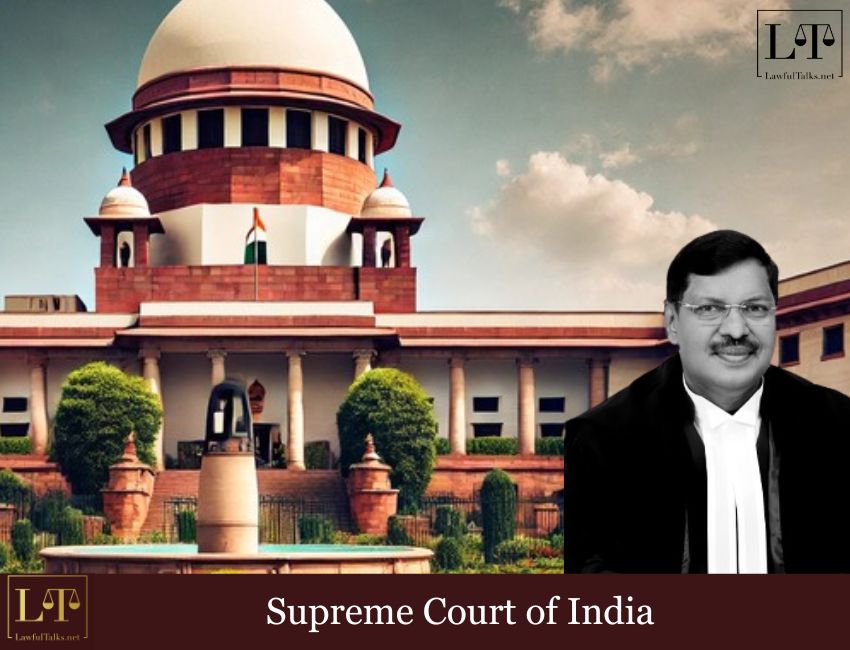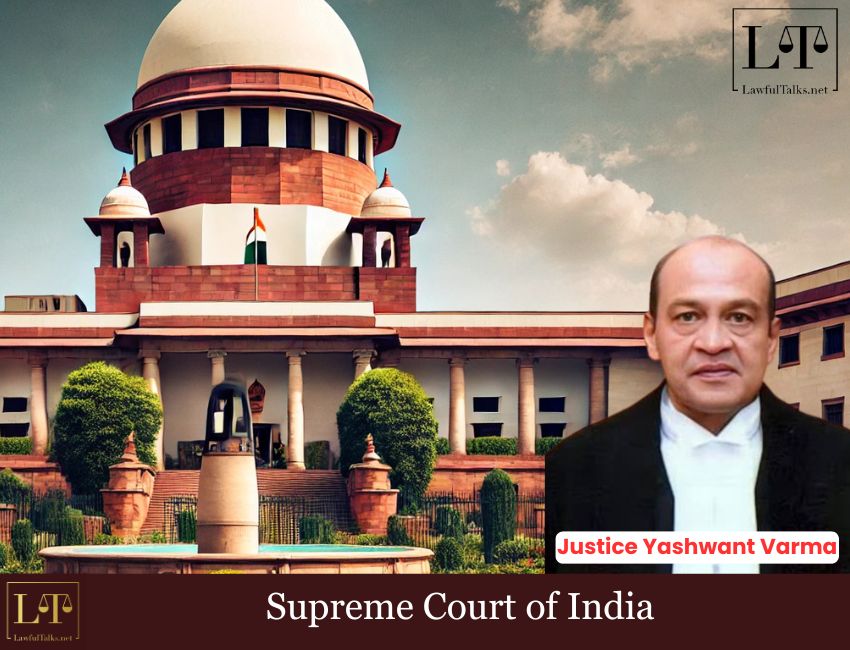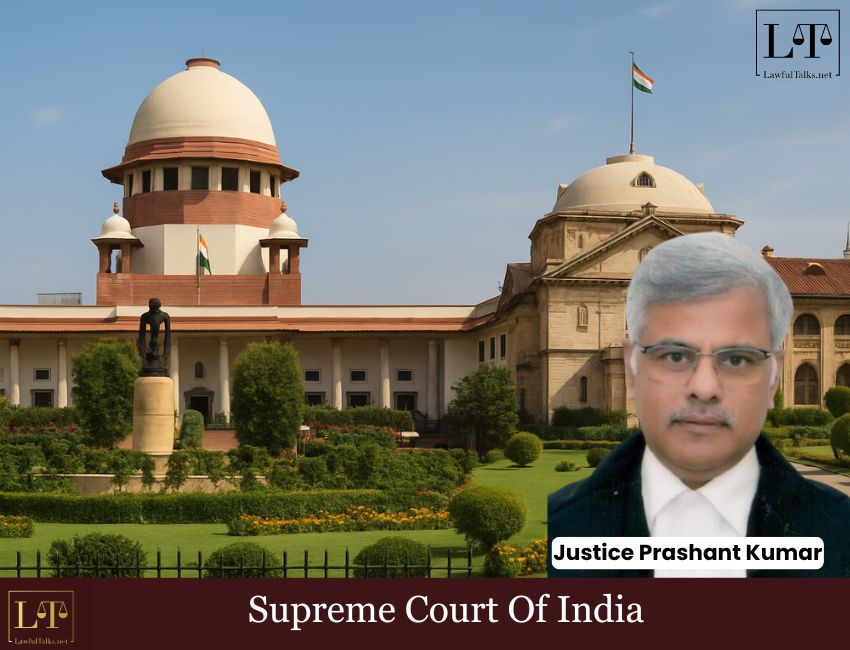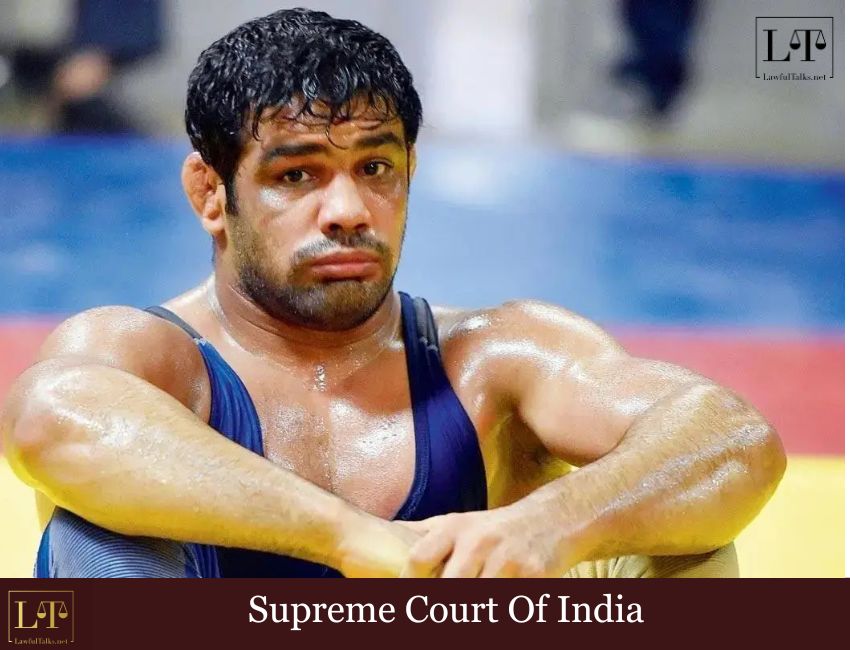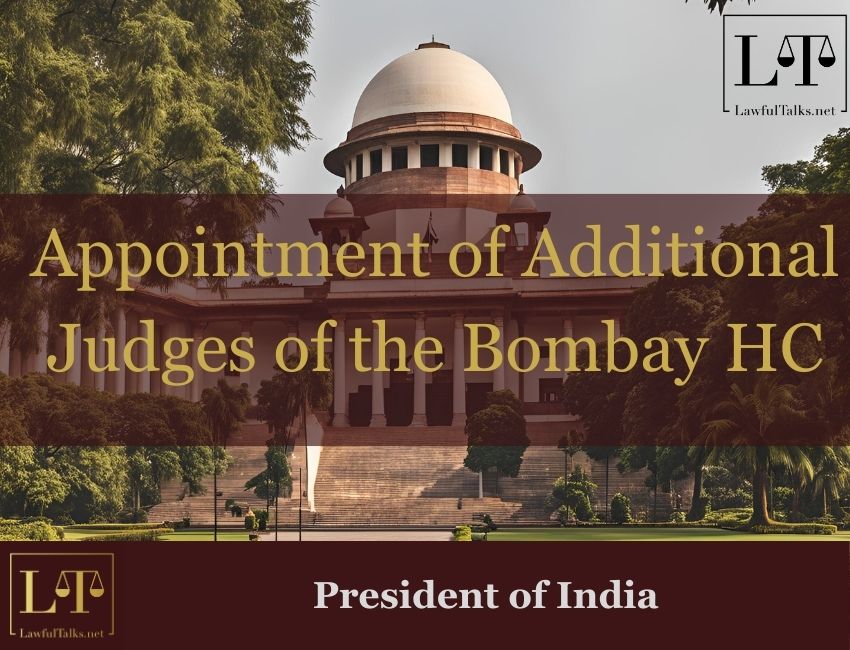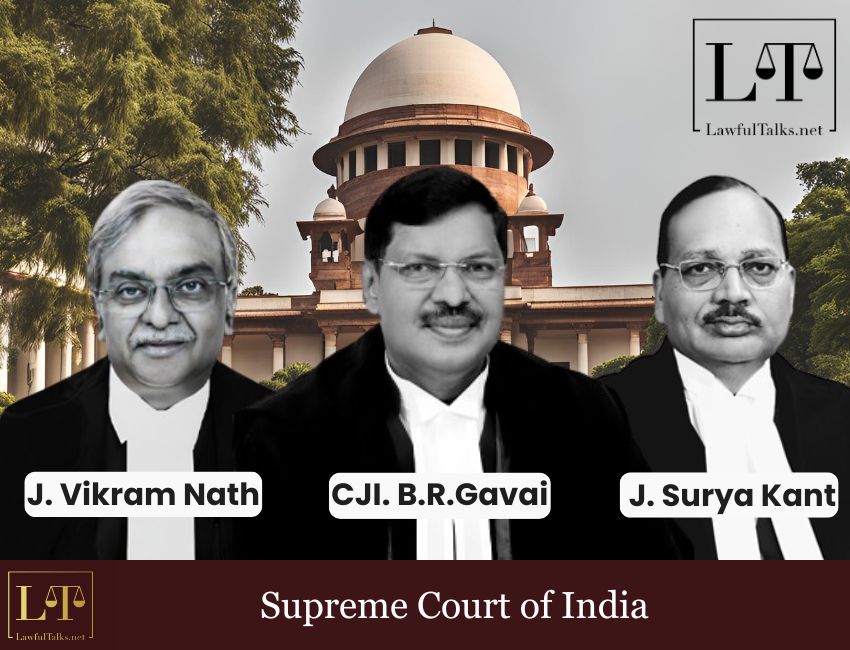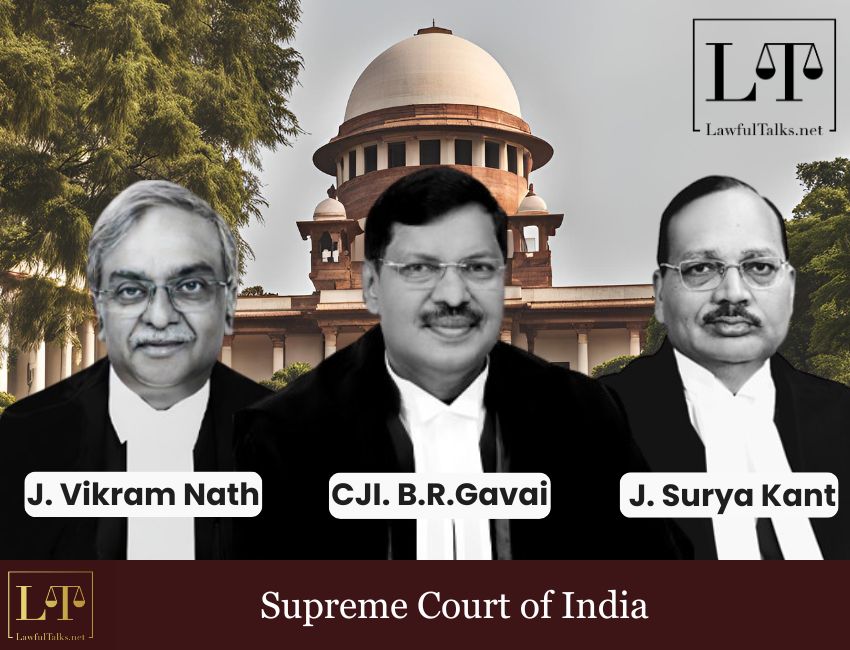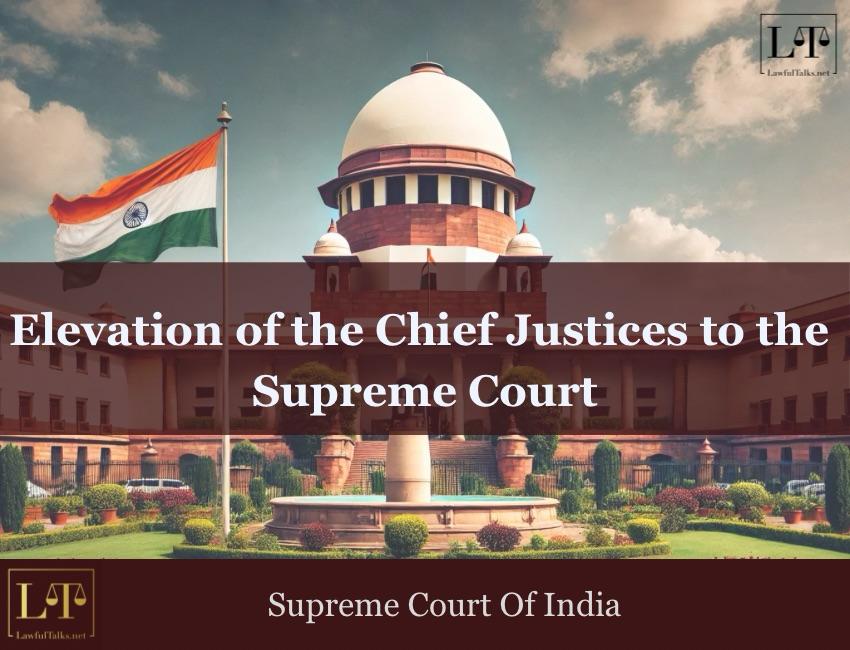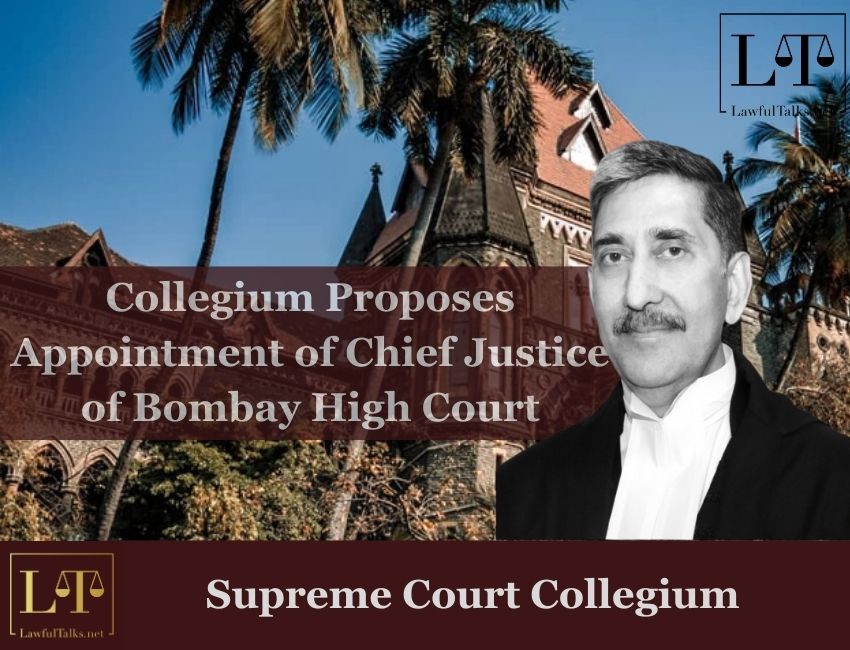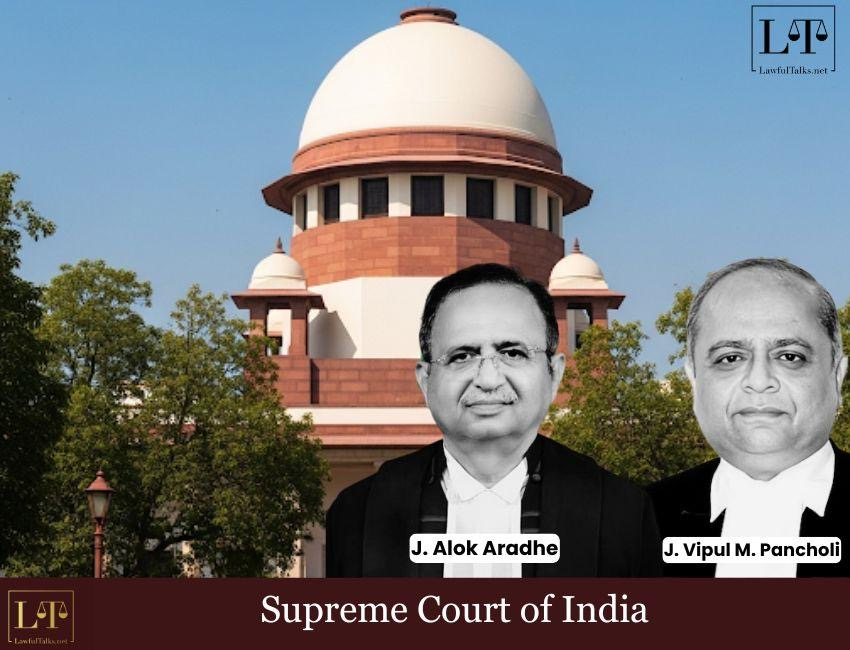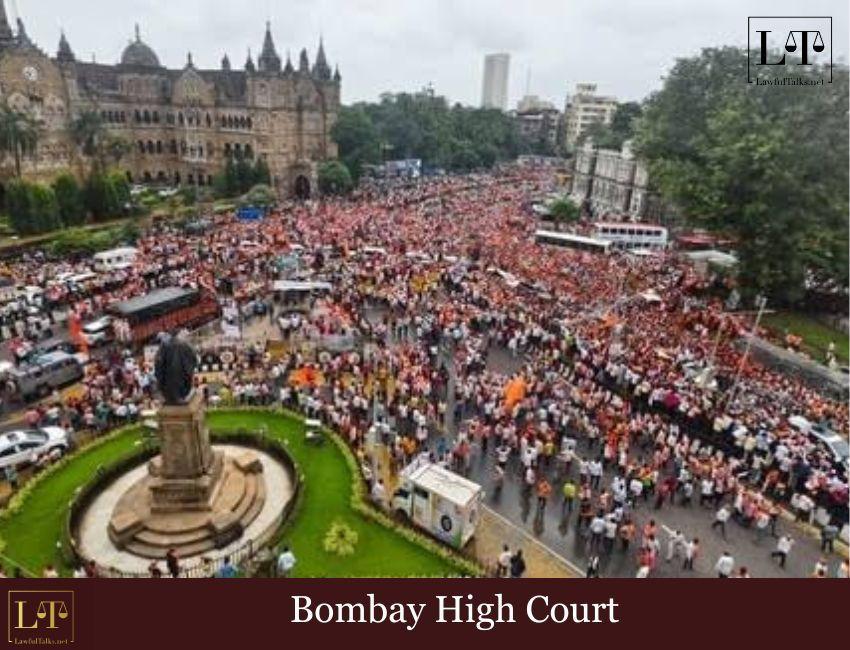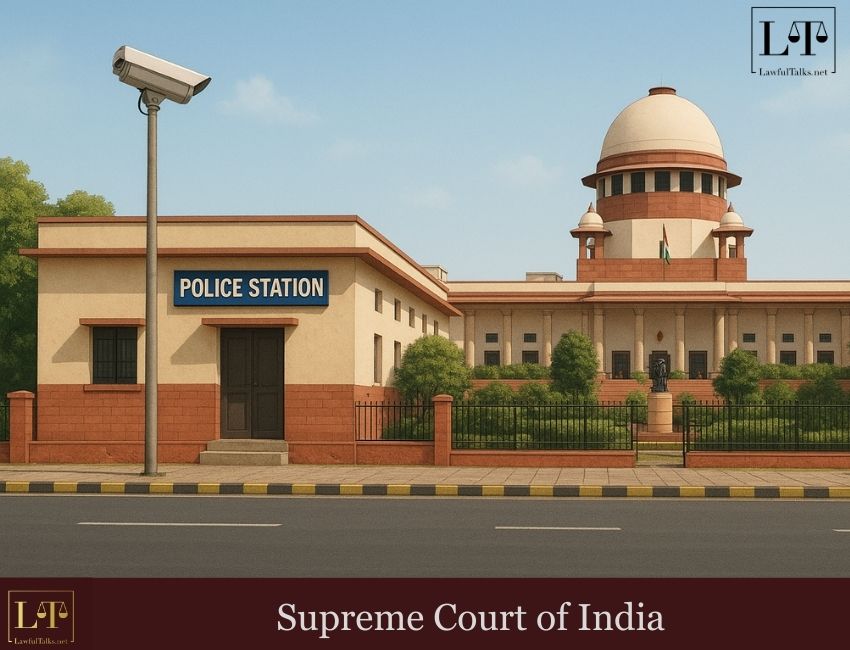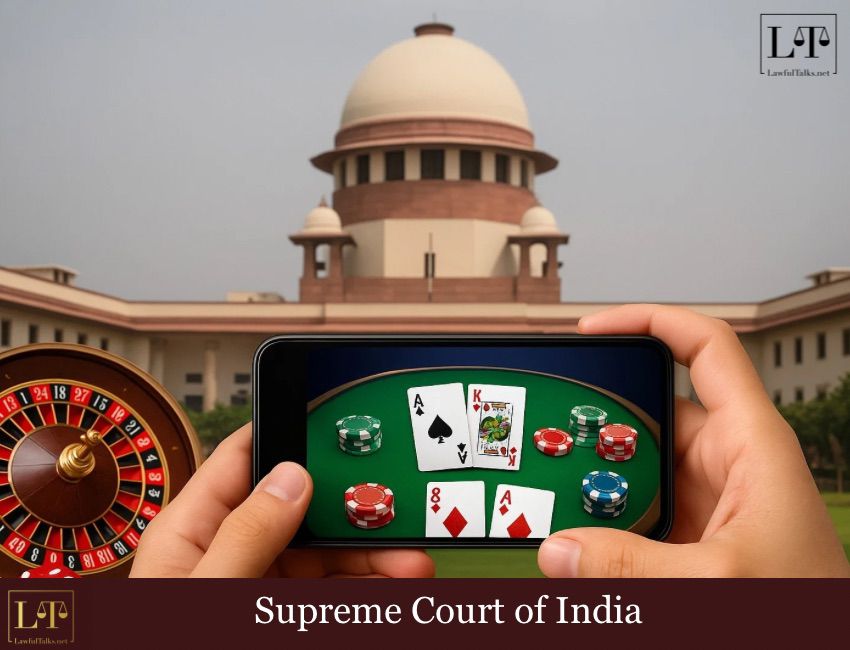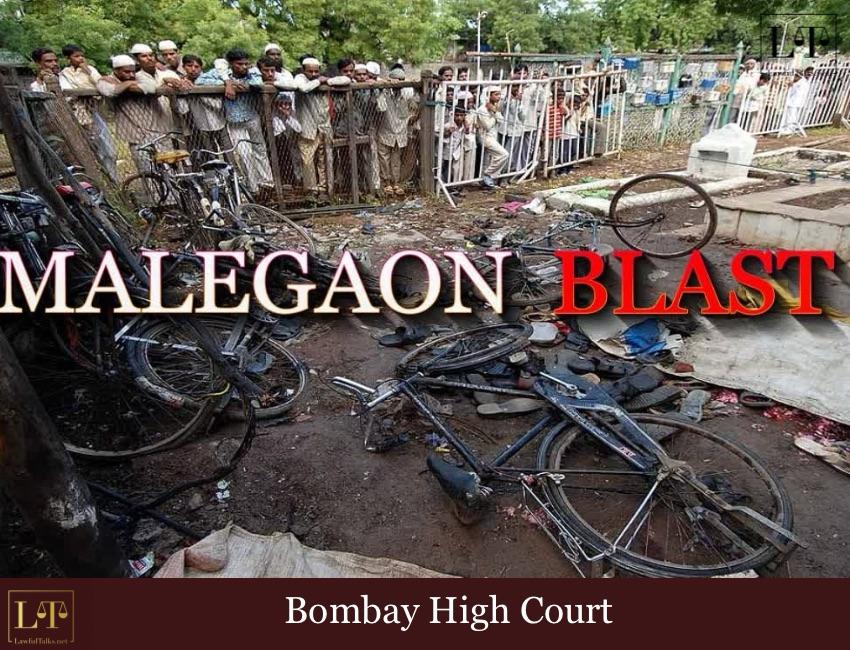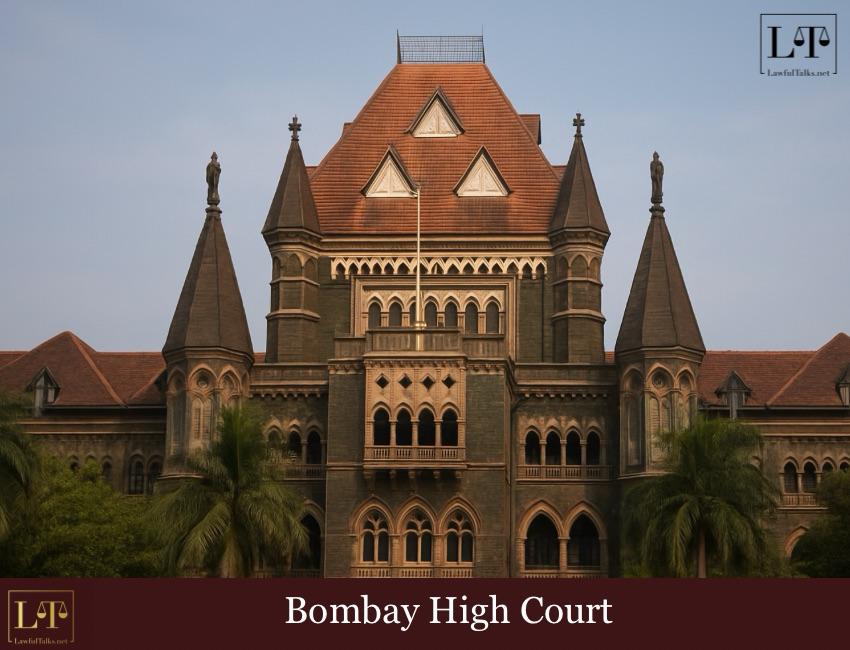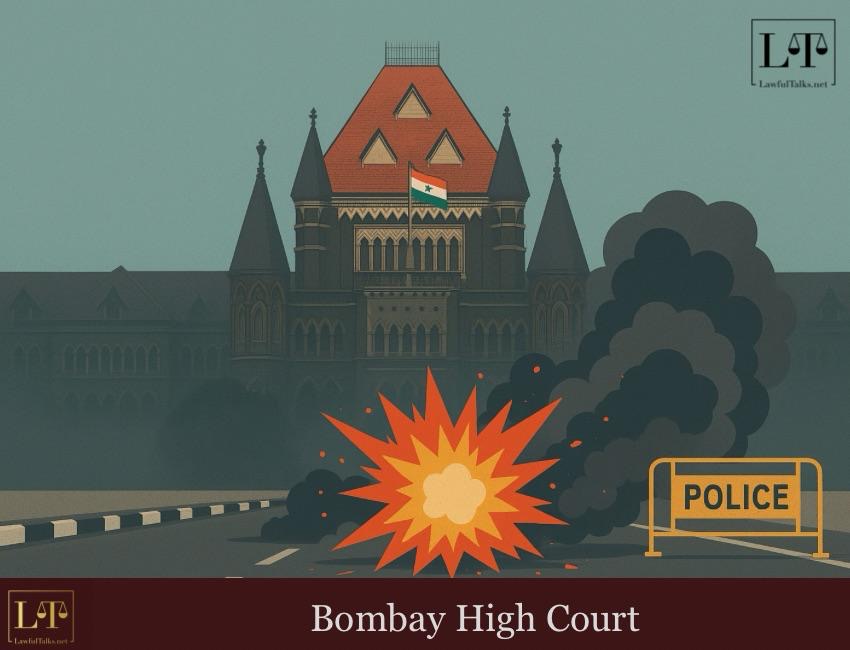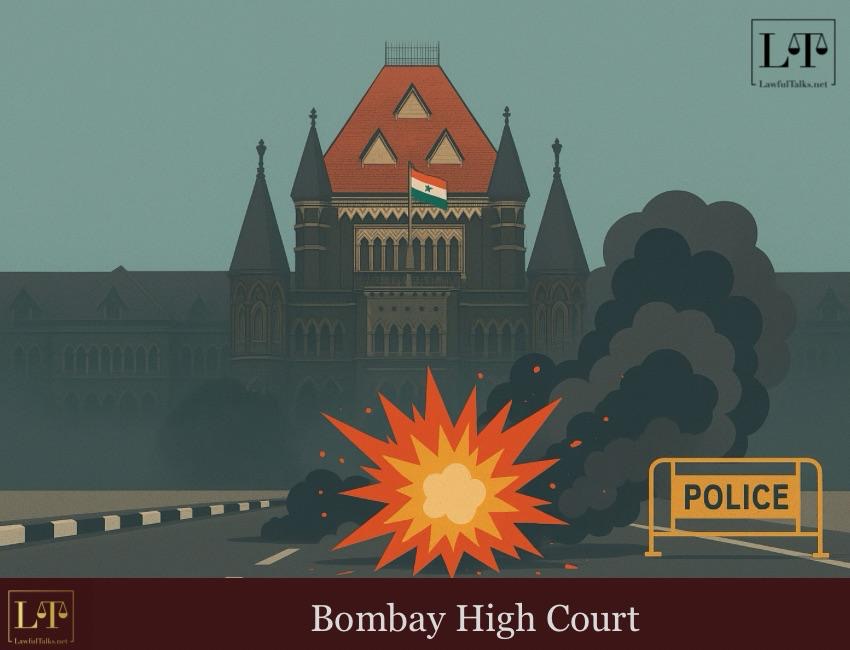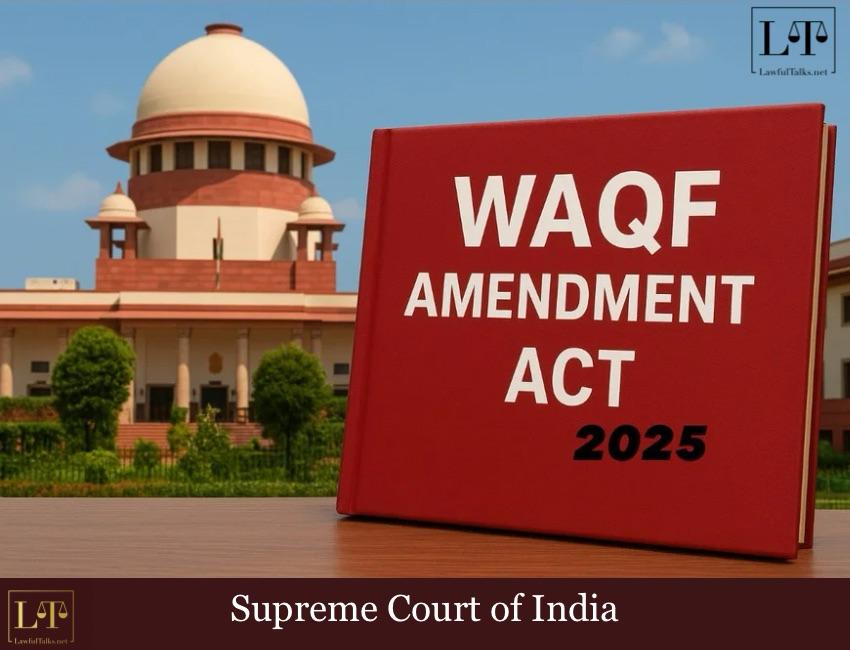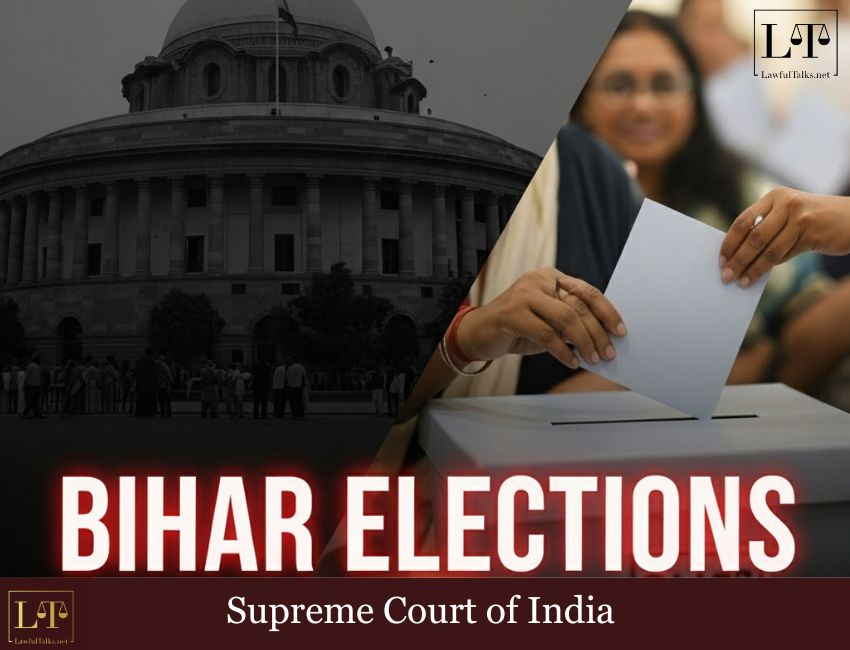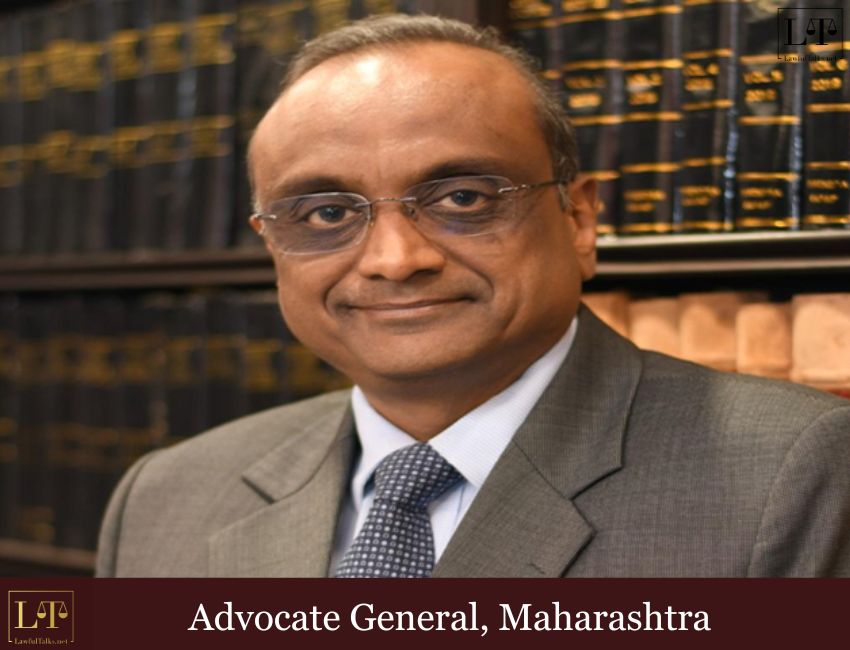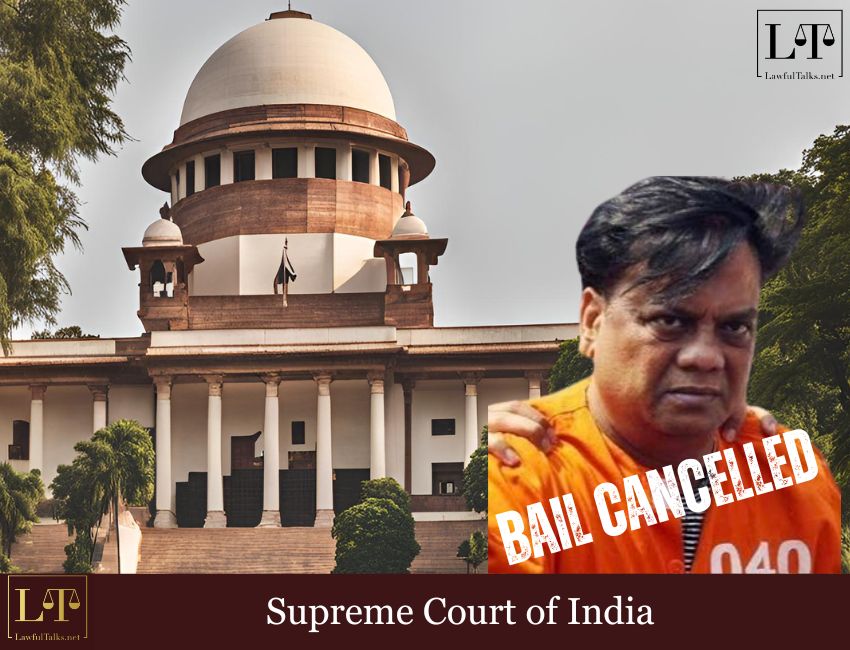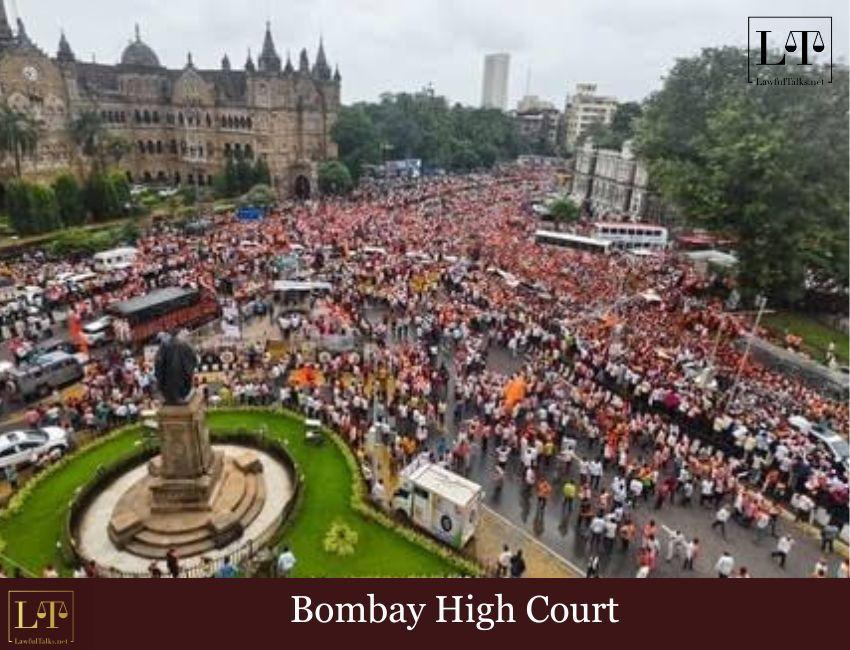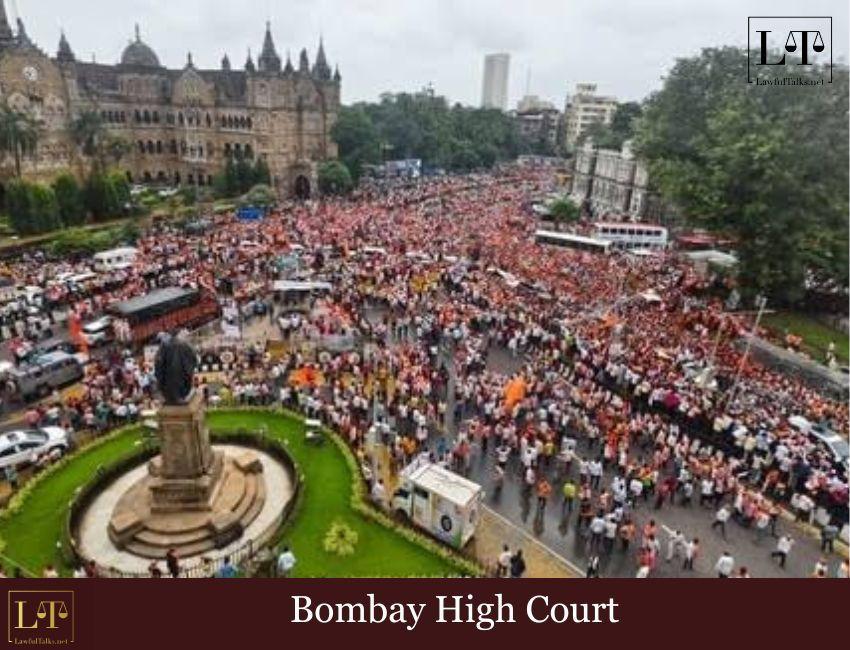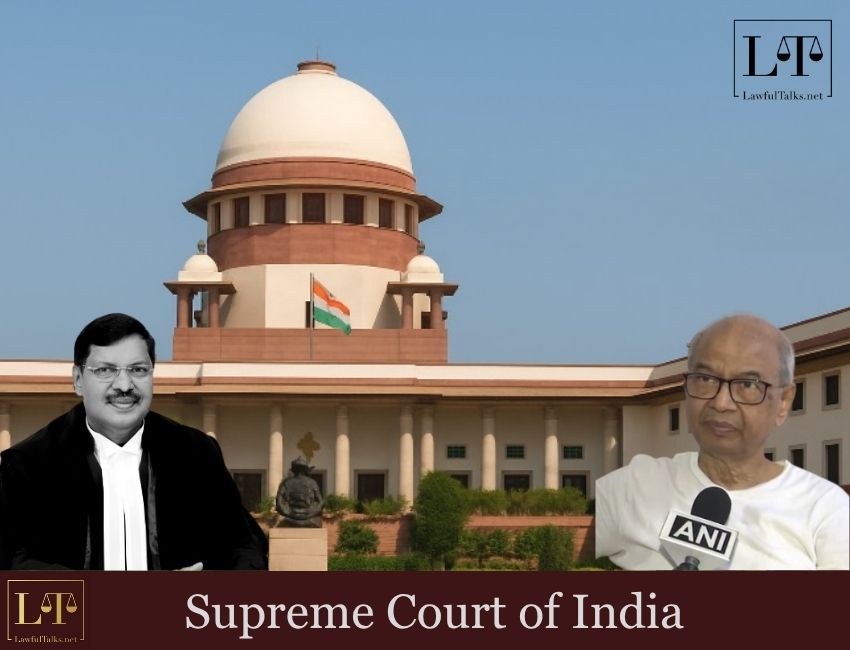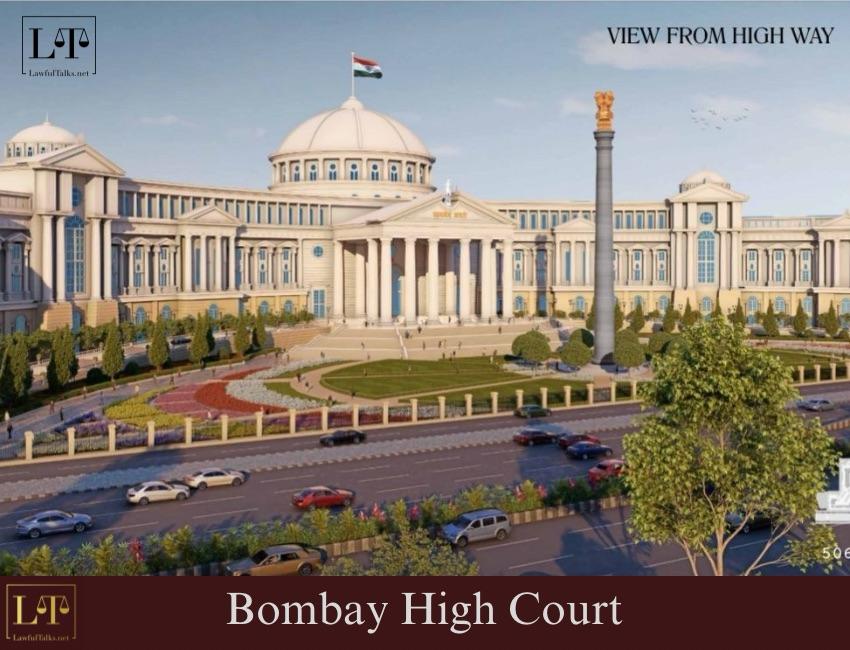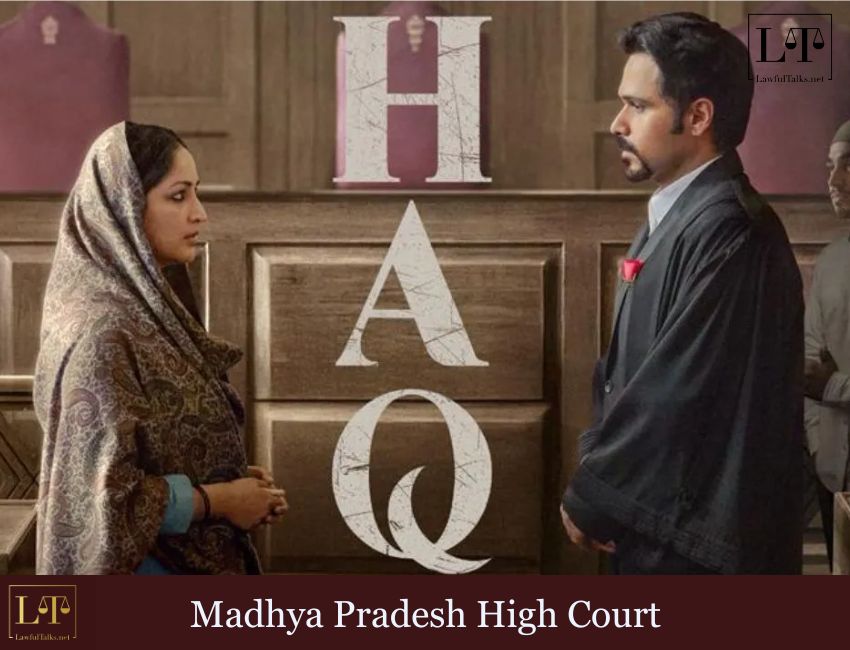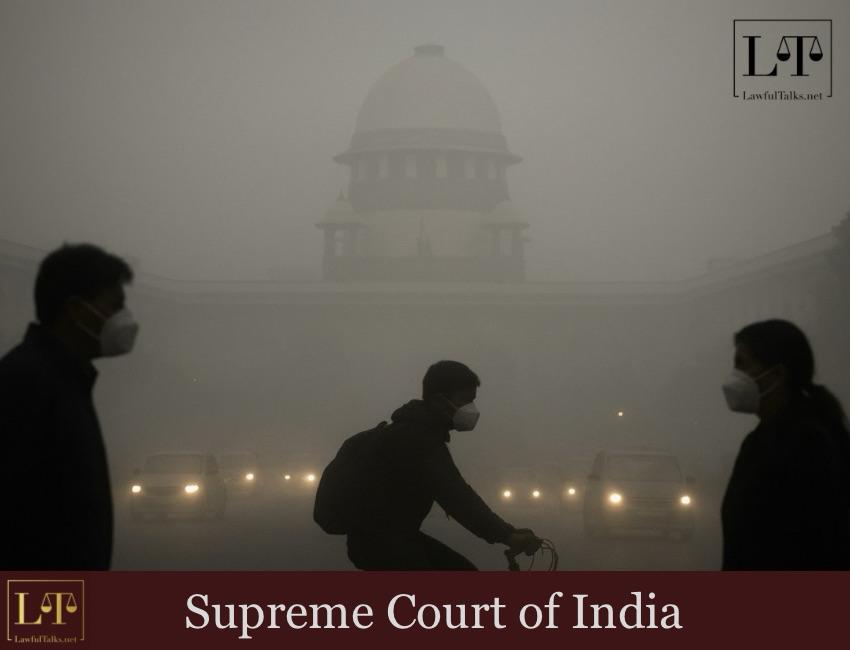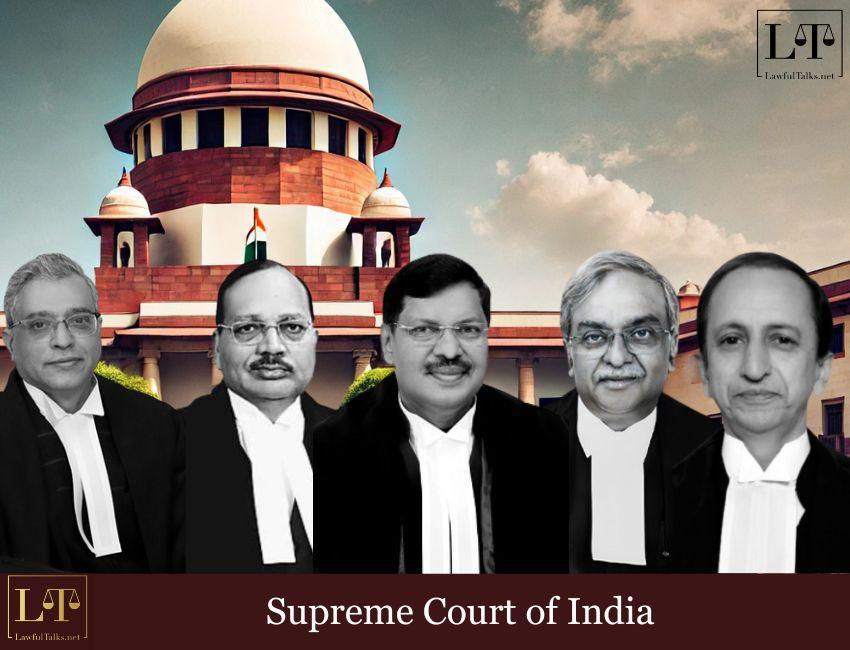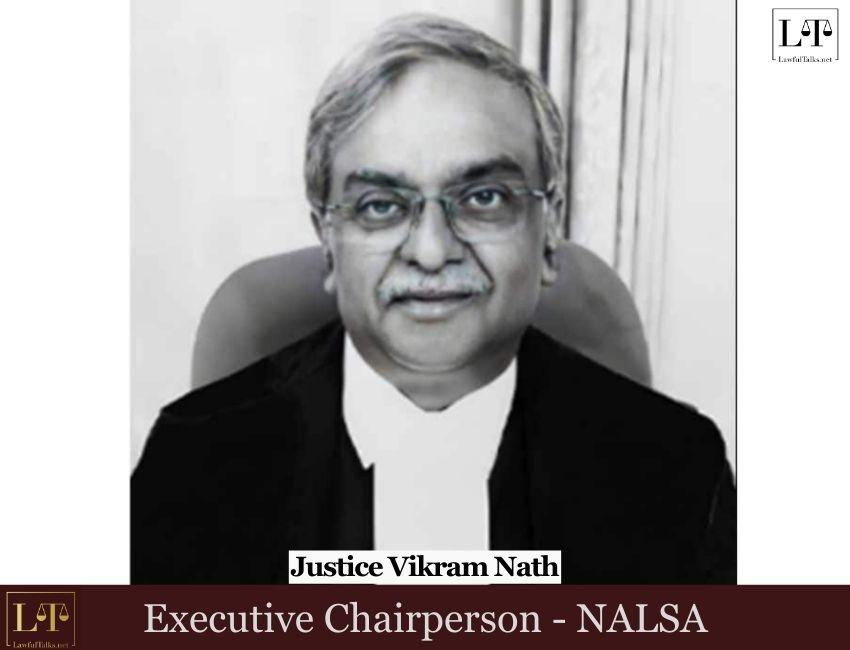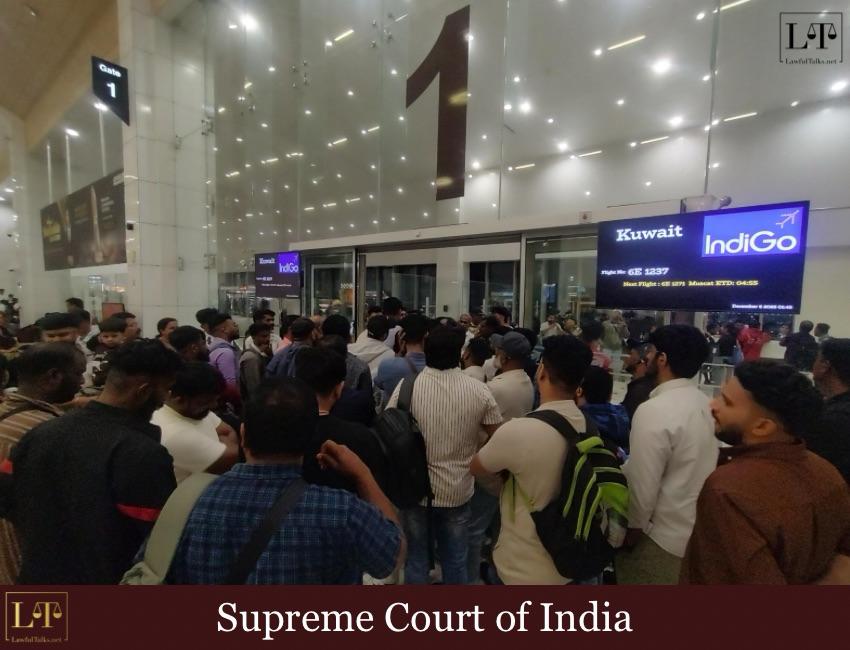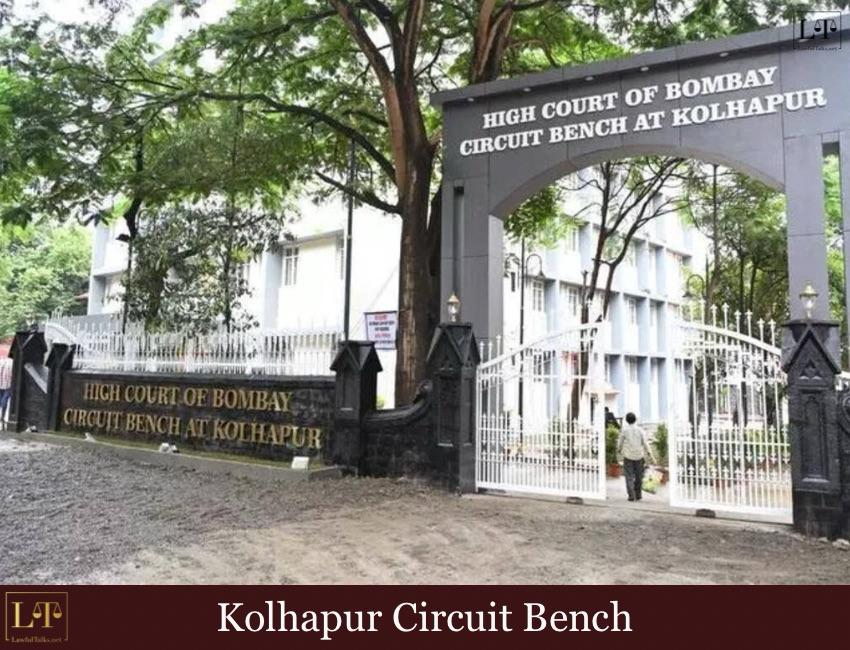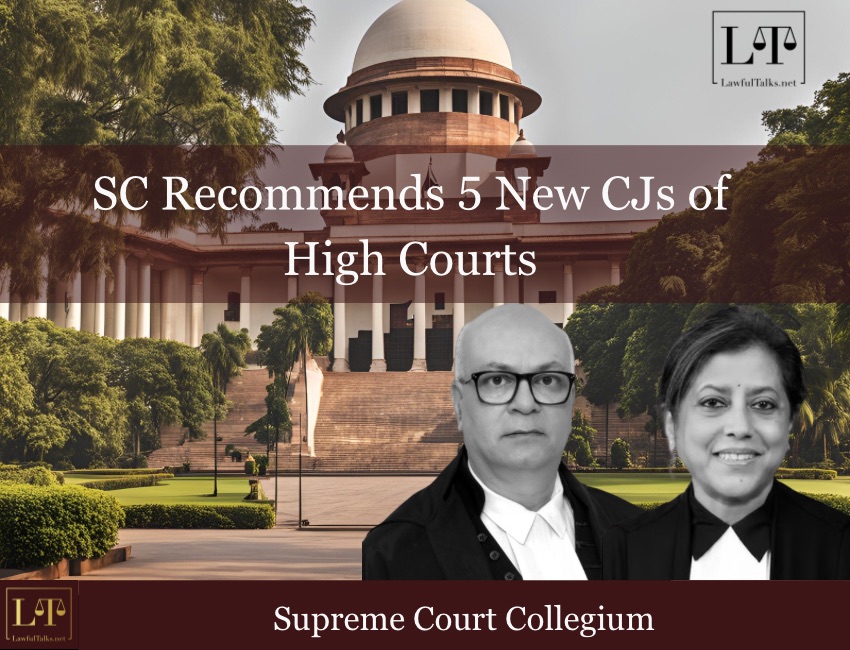Judge Goes Viral for Savagely Putting Rioters in Their Place

On Thursday, September 11, the Supreme Court reserved its judgment on a Presidential reference under Article 143 of the Constitution, which raised critical questions regarding the timelines for the President and Governors to grant assent to Bills under Articles 200 and 201. The matter was heard over ten days by a bench consisting of Chief Justice of India BR Gavai, along with Justices Surya Kant, Vikram Nath, PS Narasimha, and AS Chandurkar.
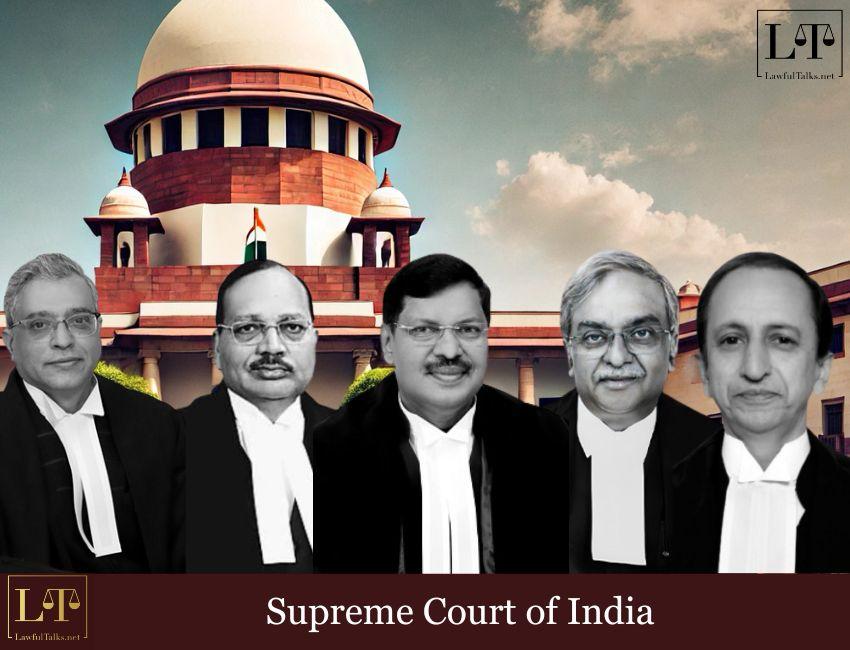
This reference was submitted by the President of India Droupadi Murmu in May, following a two-judge bench ruling in the Tamil Nadu Governor case that had established specific timelines for the President and Governors to act on Bills.
Throughout the proceedings, the Court repeatedly emphasized that it was not revisiting the Tamil Nadu Governor’s judgment on appeal but was solely addressing the constitutional questions posed. Several states, including Tamil Nadu, Kerala, West Bengal, and Punjab, challenged the maintainability of the reference, arguing that the issues had already been settled by the earlier judgment.
During the hearings, the Court raised concerns about whether Governors could indefinitely withhold Bills. It observed that if Governors were allowed to do so without returning the Bills to the Assembly, it would effectively place the elected government at the mercy of the Governor’s discretion, stating, "If the Governors can withhold Bills without returning them to the Assembly, it will place the elected Government at the whims of the Governor."
Attorney General for India R Venkataramani opposed the Court setting fixed timelines for the exercise of powers under Articles 200 and 201, cautioning that the Court should not assume the role of Governors by declaring deemed assent for Bills.
Similarly, Solicitor General Tushar Mehta, representing the Union Government, agreed that Governors should not indefinitely delay Bills but argued against rigid timelines.
On the other hand, senior advocates such as Kapil Sibal for West Bengal, Dr. AM Singhvi for Tamil Nadu, KK Venugopal for Kerala, Gopal Subramanium for Karnataka, and Arvind P Datar for Punjab supported judicial intervention and the imposition of timelines to prevent delays by Governors.
Conversely, senior advocates including Harish Salve for Maharashtra and Mahesh Jethmalani for Chhattisgarh backed the Union Government’s stance against fixed timelines.
The Supreme Court’s reserved judgment is now awaited to clarify these constitutional issues surrounding the assent process for Bills by the President and Governors.

Anam Sayyed






